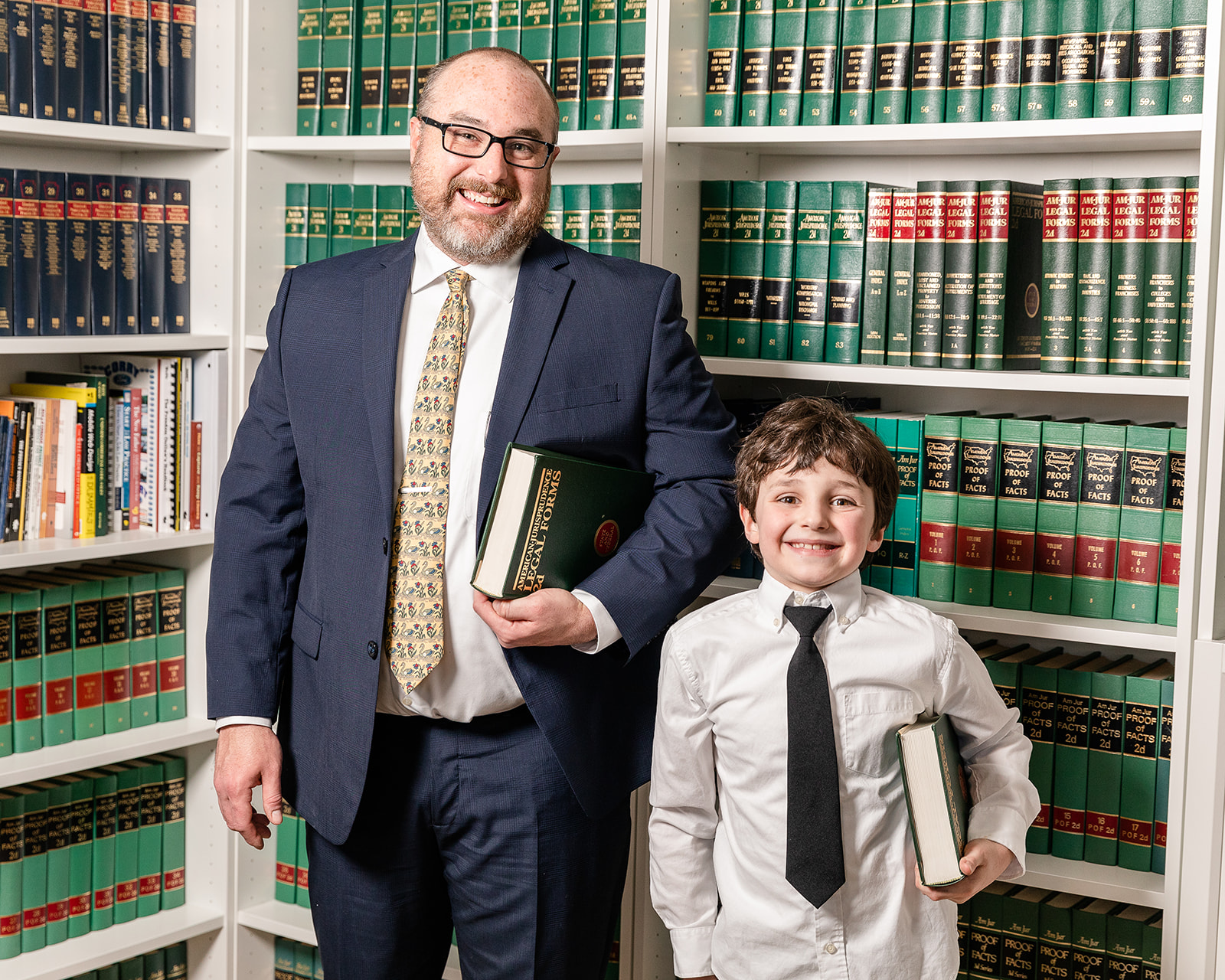Life Estate Deeds
Life estate deeds can be utilized for both estate planning and asset protection purposes. Life estate deeds are often used in lieu of a revocable trust because they capture the practical purposes of the trust (passing real estate to heirs without going through probate), but life estate deeds are typically much less expensive than setting up a trust.

A life estate deed, for practical purposes, puts a beneficiary designation on your real estate. In a typical scenario, a husband and wife own real estate together as tenants by the entireties. However, upon the passing of the survivor of the husband or wife, the real estate usually goes into the estate and is then subject to the probate process.
To better understand the benefits of life estate deeds, let's look at my typical scenario:
Without a Life Estate Deed: Husband and wife own a house as tenants by the entireties. Husband passes away and the wife is left as the sole owner. Wife passes away and now the house becomes part of her estate subject to the probate process. The children may lose the house based on other creditors' claims from the wife's estate.
With a Life Estate Deed: Husband and wife own a life estate as tenants by the entireties. Husband passes away and the wife is left as the sole life tenant. Wife passes away and now the house is owned by the "remaindermen" (the beneficiaries, typically the children). The house is not subject to other creditor's claims from either estate.
There may be tax considerations before implementing a life estate deed as part of your estate plan. Therefore, you should call my office to determine if this is an appropriate approach based on your situation.